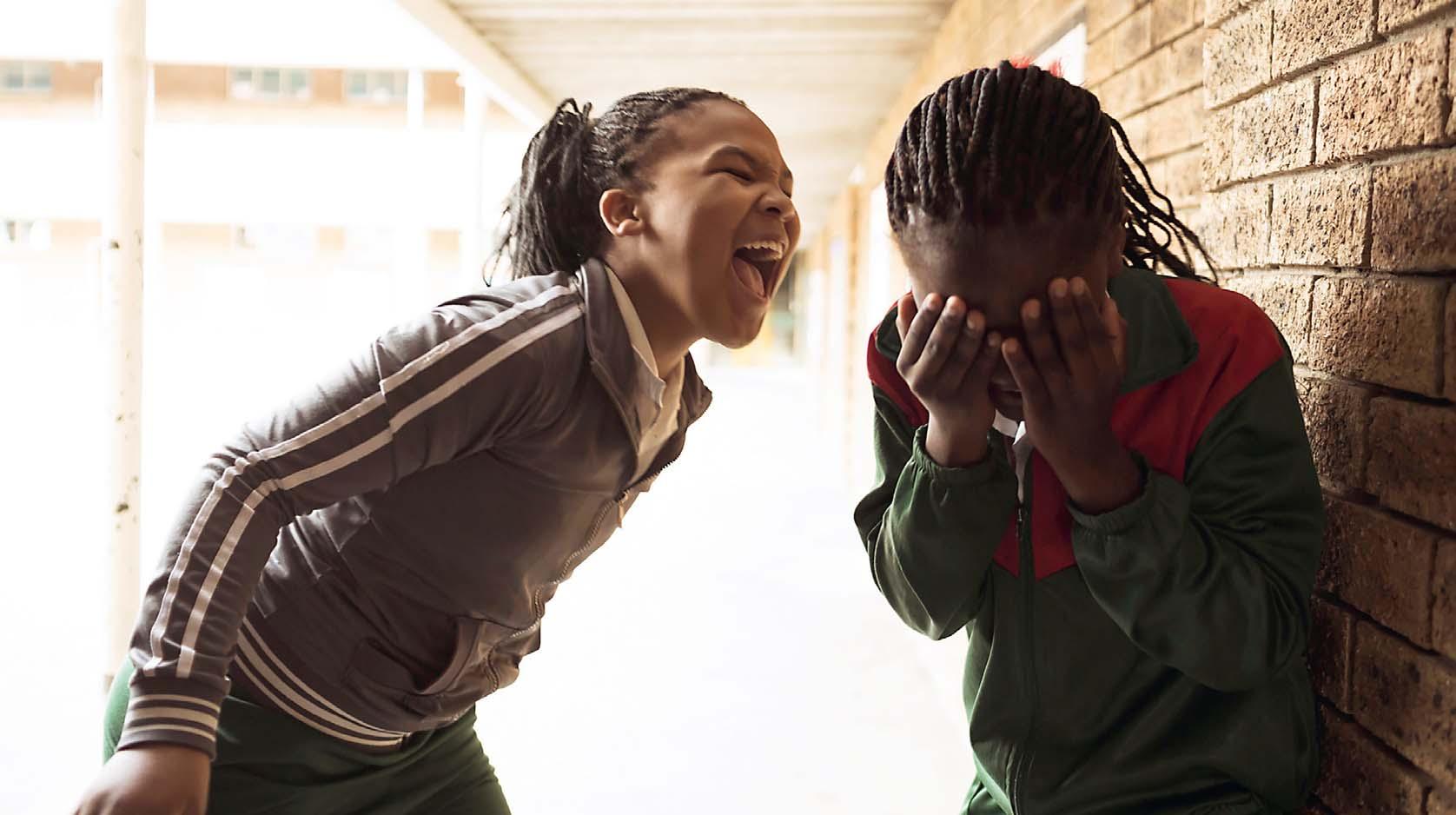
3 minute read
All I Really Need to Know
from 9788203406393
In the USA, the first year of school is called kindergarten. The word comes from German. What do kinder and garten mean in German?
Robert Fulghum (1937–) is an American writer, minister and teacher. All I Really Need to Know I Learned in Kindergarten is his most famous book.
minister prest kindergarten (AmE) 1. året på skolen flush trekk ned (på do) nap liten lur stick together hold sammen be aware of vær oppmerksom på
ROBERT FULGHUM
All I Really Need to Know I Learned in Kindergarten All I really need to know about how to live and what to do and how to be I learned in kindergarten. These are the things I learned: Share everything. Play fair. Don’t hit people. Put things back where you found them. Vurderingseksemplar Clean up your own mess. Don’t take things that aren’t yours. Say you’re sorry when you hurt somebody. Wash your hands before you eat. Flush. Warm cookies and cold milk are good for you. Live a balanced life – learn some and think some and draw and paint and sing and dance and play and work every day some. Take a nap every afternoon. When you go into the world, watch out for traffic, hold hands, and stick together.
Be aware of wonder. Remember the little seed in the Styrofoam cup: The roots go down and the plant goes up and nobody really knows how or why, but we are all like that. Goldfish and hamsters and white mice and even the little Vurderingseksemplar seed in the Styrofoam cup – they all die.
So do we. Think what a better world it would be if we all – the whole world – had cookies and milk about three o’clock every afternoon and then lay down with our blankies for a nap. Or if all governments had a basic policy to always put things back where they found them and to clean up their own mess. And it is still true, no matter how old you are – when you go out into the world, it is best to hold hands and stick together.
wonder underverk seed frø Styrofoam isopor mice (mouse) mus blankies (blankets) tepper governments regjeringer basic policy grunnleggende politikk no matter uansett
performance forestilling
UNDERSTANDING
Work in small groups. 1 Your teacher will give each group a rule from the text. Each group will mime the rule for the other groups. Guess the rule after each performance!
VIEWPOINTS
2 Discuss the questions. a What is your favorite rule from the text? Why? b What rules do you have at your school? c What are the most important things you have learned at school? SPEAKING SPOT 3 Practice reading the text aloud. Then make an audio recording of yourself reading the text. 4 Bring a photo of yourself at age four or five with you to school. Your teacher will put all the pictures on a table. Try to guess who is who. Then show your picture to your classmates. Tell them what you liked to do at that age. WRITING WORKSHOP Different School SystemsVurderingseksemplar Age 4 5 6 7 8 9 10 11 12 13 14 15 16 17 18
USA Elementary school Middle school High school
Kindergarten Grades 1–5 Grades 6–8 Grades 9–12
Primary school
UK Reception Year 1–6 Norway Lower secondary school
Upper secondary school Year 7–11 Year 12–13
5 Your teacher will give you a handout with the chart (or you can copy it). Add the Norwegian school system to the chart.
SPEAKING SPOT
6 Work with a partner. Take turns asking each other questions about the school systems chart.
62
LANGUAGE LAB
7 Spelling Find the missing letter in the word from the text. a som e body noen b wa ___ ch se c traf ___ ic trafikk d reme ___ ber huske e ___ hole hele f bet ___ er bedre g gover ___ ment regjering h tru ___ sant 8 Verb to be – present tense Find the missing form of be from the text. a These are the things I learned. b Say you ___ sorry. c Warm cookies and cold milk ___ good for you. d We ___ all like that. e It ___ still true. f No matter how old you ___.Vurderingseksemplar g It ___ best to hold hands and stick together.










